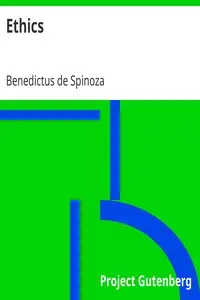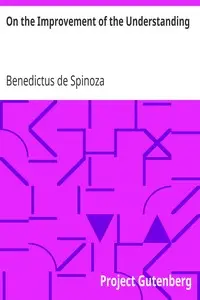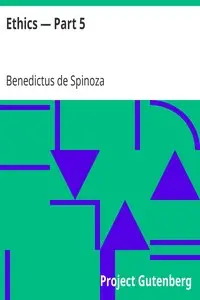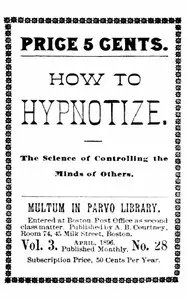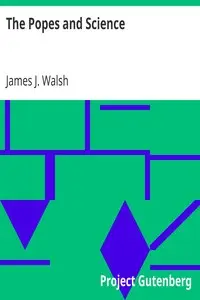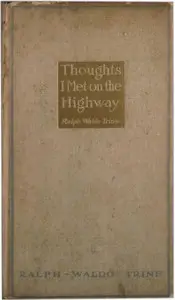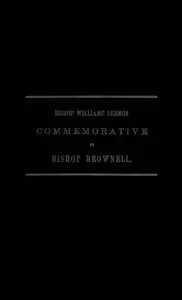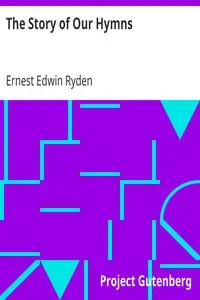"A Theologico-Political Treatise [Part IV]" by Benedictus de Spinoza is a late 17th-century philosophical work that seeks to understand how governments are formed, what rights people have, and how religion and government should interact. The book explains that even under a ruler, people still have personal rights. People come together to form a government to protect themselves, and this section introduces the main ideas about power, divine laws, the authority of the leader, and the rights of people in both politics and religion, using historical examples like the Hebrew republic along the way.
![A Theological-Political Treatise [Part IV] by Benedictus de Spinoza](https://cdn.a2-host.cloud/d_-AduzQ-llIUtJh_qQPyFa0cgtJZabShnjkTYI2exA/rs:fill:760:1100:0/g:ce/aHR0cHM6Ly9zcC1hc3NldHMuczMudXMtd2VzdC0wMDQuYmFja2JsYXplYjIuY29tL2Jvb2svOTkyL0FfVGhlb2xvZ2ljYWxQb2xpdGljYWxfVHJlYXRpc2VfUGFydF9JVl9jb3Zlci5qcGc.webp)
A Theological-Political Treatise [Part IV]
By Benedictus de Spinoza
Explore a world where personal rights remain intact even under the watchful eye of a governing power, as individuals navigate the complex relationship between self-preservation and communal agreement.
Summary
About the AuthorBaruch (de) Spinoza, also known under his Latinized pen name Benedictus de Spinoza, was a philosopher of Portuguese-Jewish origin. A forerunner of the Age of Enlightenment, Spinoza significantly influenced modern biblical criticism, 17th-century rationalism, and Dutch intellectual culture, establishing himself as one of the most important and radical philosophers of the early modern period. Influenced by Stoicism, Thomas Hobbes, René Descartes, Ibn Tufayl, and heterodox Christians, Spinoza was a leading philosopher of the Dutch Golden Age.
Baruch (de) Spinoza, also known under his Latinized pen name Benedictus de Spinoza, was a philosopher of Portuguese-Jewish origin. A forerunner of the Age of Enlightenment, Spinoza significantly influenced modern biblical criticism, 17th-century rationalism, and Dutch intellectual culture, establishing himself as one of the most important and radical philosophers of the early modern period. Influenced by Stoicism, Thomas Hobbes, René Descartes, Ibn Tufayl, and heterodox Christians, Spinoza was a leading philosopher of the Dutch Golden Age.

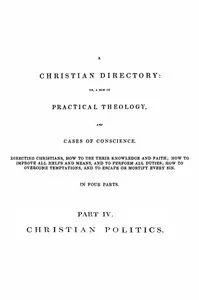
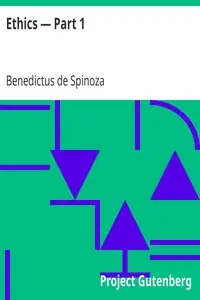
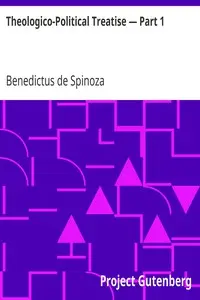
![A Theological-Political Treatise [Part III] by Benedictus de Spinoza](https://cdn.a2-host.cloud/Z1swC-iyRPdO0w24Vbpj6PEYPdrMXm_reky7g0_GFnk/rs:fill:215:325:0/g:ce/aHR0cHM6Ly9zcC1hc3NldHMuczMudXMtd2VzdC0wMDQuYmFja2JsYXplYjIuY29tL2Jvb2svOTkxL0FfVGhlb2xvZ2ljYWxQb2xpdGljYWxfVHJlYXRpc2VfUGFydF9JSUlfY292ZXIuanBn.webp)
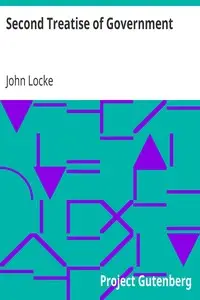
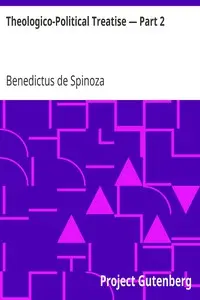
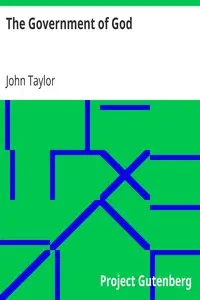
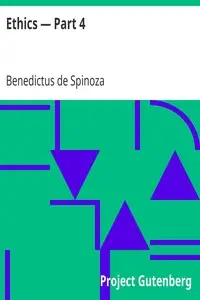
![A Theological-Political Treatise [Part IV] by Benedictus de Spinoza](https://cdn.a2-host.cloud/oLEoT01nzb4qmdXej30arzSQ6UapDj-aNEzNc9Ju0qw/rs:fill:215:325:0/g:ce/aHR0cHM6Ly9zcC1hc3NldHMuczMudXMtd2VzdC0wMDQuYmFja2JsYXplYjIuY29tL2Jvb2svOTkyL0FfVGhlb2xvZ2ljYWxQb2xpdGljYWxfVHJlYXRpc2VfUGFydF9JVl9jb3Zlci5qcGc.webp)
